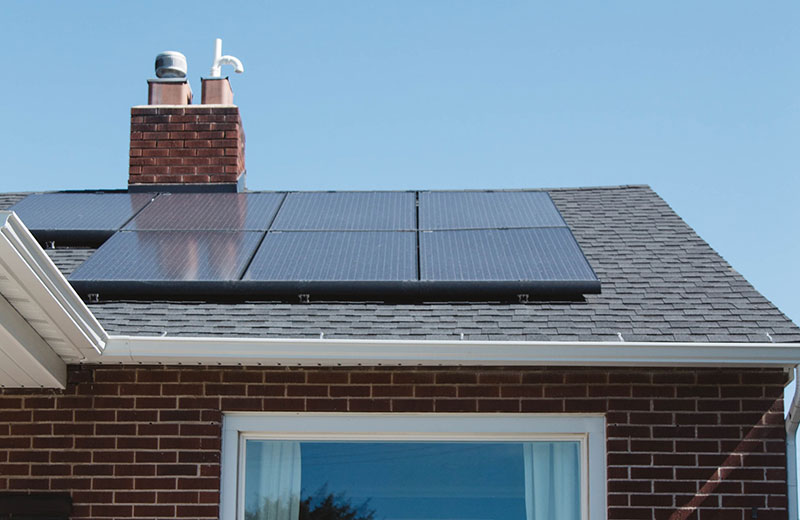Advertisement
We are not surprised why more and more people are deciding to switch to solar energy. After all, the pressing need to respond to our planet’s plight is also becoming increasingly apparent. While this form of energy production is still not as rampant as we hope it would be, it still pays to know whether solar power potential in Utah or elsewhere is feasible.
For example, reports show that even in faraway and developing countries like the Philippines, the integration of solar energy can still be used (and is actually efficient) in powering establishments, such as residential housing and schools.
The question is, how efficient will it be in powering your home? Is it possible to run a house completely on solar power? The answer is not as straightforward as you might think.
Can Solar Really Power My Entire House?
This is definitely one of the most popular questions we get from our readers. The simplest answer is yes, it can. That said, it is important to remember that, in the end, it will all boil down to the type of solar power system you choose to get installed
You will have to figure out how many solar panels you are planning to get and what their power output levels are. Will they be able to sustain the needs of your home? If they can, where are you going to install them? In answering these questions, you’d be able to determine whether the power system you’re considering can meet the needs of your home.
What To Consider
Once you have determined the right solar system that meets your needs and preferences, here are other factors you should also keep in mind to make the most out of the benefits of this renewable source of energy:
1. Solar panel size calculations matter.
As with any purchase, there are financial calculations necessary in gauging the feasibility of solar power installation in homes. The quotes for solar panel size are done in watts, but there might be differences from one household to the other. A household system may run at 15% of the theoretical output (in watts), while others do not.
2. Equipment installation might be costly and challenging.
Another thing to consider is whether the household can cover installation costs and the challenges of the physical installation. For one, there are many housing components in need of wiring gear and cables. This includes the metering equipment that helps measure how much power is actually being procured.
You will also find that an inverter, which turns the direct current into an alternating current, is necessary. Don’t forget to consider the installation labor costs, operating costs for maintaining solar panels, regular panel cleaning, and replacements of batteries and inverters.
All this may not be feasible for a regular household, whether that be in terms of finances or physical space. You can refer to this quick guide by HuffPost for more information.
3. Some locations are better than others.
There are locations that lend themselves well to solar power use, such as countries near the equator. Another thing to check is the solar irradiation levels found in your home’s geographical location.
Considering the location is not limited to where you live in the world. The location also matters in terms of home orientation. For example, houses with roofs free from objects and trees that block sunlight are better suitable for solar energy than others. Otherwise, you might need additional panels and external panels, thereby incurring more costs.
4. How electricity is charged is an important element.
Another thing to consider is how residential consumers are charged for their electricity, which may depend on the timing of solar power production. It is possible that, over time, the costs incurred for installing solar panels might not be worth it if they are still charged with expensive fees.
That said, in places with warm climates, solar power generation helps by producing more energy in the summer or during the afternoon. In turn, it allows homeowners to save costs for air conditioning and other comforts and necessities.
The challenge then is to know whether the utility companies in your country have reasonable pricing schemes or not. For example, in the US, homeowners have different rates throughout the day as a way of mirroring actual electricity costs at varying times.
You will, therefore, benefit if the solar power to be used in your home offsets extra electricity costs. What’s good is that some companies already offer tiered pricing plans, so check if this is a possibility for you.
The Bottom Line
Given the factors we discussed, it is clear that a house can run on solar power alone. However, it’s important that you consider all of these factors. This way, you can determine whether or not the switch to solar energy is the best move for your household.
If it’s up to us, going solar is always better than relying on traditional energy sources. After all, every move that benefits the environment is worth taking.

